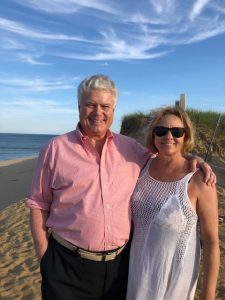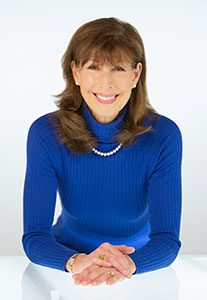San Francisco – The Hallowell Center of San Francisco, located in the downtown area, is seeking to expand. We are seeking part-time clinicians (Educational Therapists, Board certified psychiatrists, licensed psychologists, social workers, or nurse practitioners) to join our team.
Candidates must have experience in working with:
- Attention Deficit Hyperactivity Disorder;
- associated disorders including anxiety;
- depression; and,
- demonstrate excellent diagnostic and clinical skills.
The Hallowell Center is a multidisciplinary private practice with offices in New York, Boston, and San Francisco. Consequently, our Centers provide comprehensive evaluation and treatment for a full range of emotional, behavioral, and developmental issues in children and adults.
The San Francisco office primarily treats adolescents and adults. However, we’re considering adding services for children as well. Founded by Dr. Edward Hallowell, the Hallowell Center uses a strength-based model to help all of their clients recognize and reach their full potential.
Applicants must align with our strength-based approach and have the ability to work collaboratively with a multidisciplinary team. Since our San Francisco office is small, applicants must be flexible and fairly independent. We are looking for self-starters interested in growing with and helping us build our team.
There is room for growth and flexibility within our practice and the position could conceivably expand to full time. The position is fee for service. Anyone hired must be willing to work some evenings and/or Saturdays.
We’re recruiting clinicians with the following skills:
- Psychiatrists or Nurse Practitioners who can provide medication evaluations and ongoing medication management. Training and/or experience in integrative approaches a plus
- Couples therapists experienced in working with couples where ADHD is an issue
- Clinicians/educators/coaches who are knowledgeable and skilled in helping clients develop executive function skills, including high school and college age students
- Group therapist that has used protocols for ADHD
- Clinicians trained in DBT or EMDR, who have used these models to treat ADHD.
- Neuropsychologists
Candidates have the option to bring their current clients into the practice.
If you are interested, please reply to: gabrielle@hallowellsfo.com
Please forward this message to potentially interested colleagues. Thank you.
 Greetings from Wellfleet, on Cape Cod. It’s a Sunday, the weather is generously beautiful, and I’m here for a week with my wife, Sue, and various relatives and guests to teach the course I’ve been teaching for how many summers now, is it 15?, to finish up the new book about ADHD John and I have been working on for quite a while, and to have fun.
Greetings from Wellfleet, on Cape Cod. It’s a Sunday, the weather is generously beautiful, and I’m here for a week with my wife, Sue, and various relatives and guests to teach the course I’ve been teaching for how many summers now, is it 15?, to finish up the new book about ADHD John and I have been working on for quite a while, and to have fun. To set up a CollegeCORE inquiry session or to make an appointment with Rebecca Shafir, Speech/language pathologist, voice coach, executive functioning coach and author, contact:
To set up a CollegeCORE inquiry session or to make an appointment with Rebecca Shafir, Speech/language pathologist, voice coach, executive functioning coach and author, contact:





